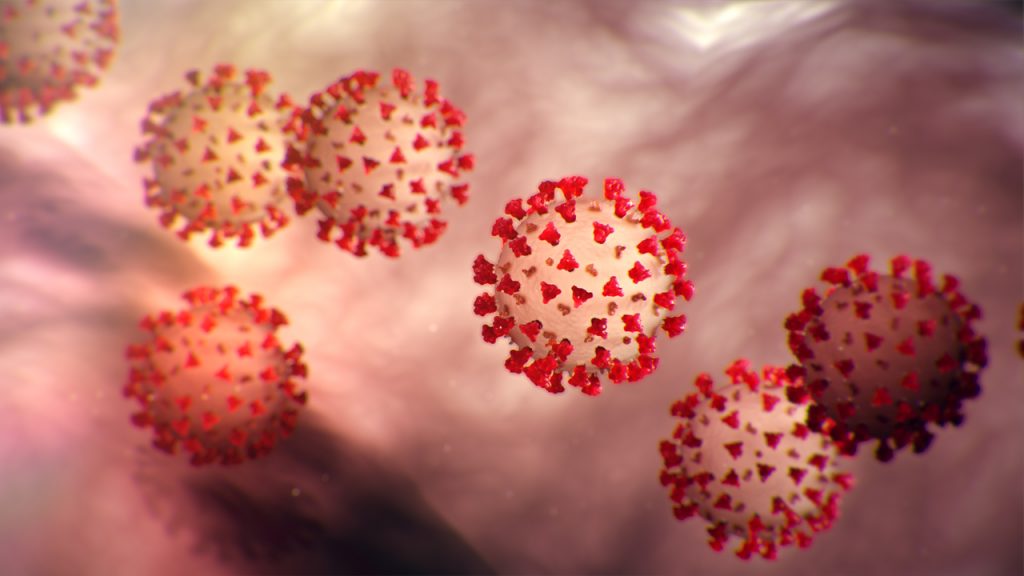By Akanimo Sampson
As the coronavirus pandemic rages around the world, women and girls are more vulnerable to abuse than ever, says a UN agency.
The United Nations Population Fund (UNFPA) says in Kosovo, the Ministry of Justice has seen a 17 per cent increase in reported cases of gender-based violence.
Urban areas appear to be hit much harder, with one city recording a 100 per cent increase in violence.
These figures compare the March 2020 caseload with the number of cases reported in March of 2019.
March saw a surge in anxiety over the pandemic, including the confirmation of dozens of COVID-19 cases in Kosovo and the declaration of a public health emergency. By March 24, a 13-hour curfew had been imposed.
Experts and advocates are concerned that movement restrictions and lockdowns – while helpful in stopping the spread of the novel coronavirus – can leave victims trapped with their abusers.
UNFPA Communications Assistant in Kosovo, Besnik Sherifi, says “women can use the window of free-movement time if they need to escape the house, but the possibility of being locked up with an abuser for 13 hours is something that should worry us all.”
Epidemics have been known to cause a spike in incidents of gender-based violence –including domestic abuse and sexual exploitation – as a household struggle with heightened tensions, economic pressures and increased confinement in the home.
In response, UNFPA is providing support to shelters for survivors.
This week, UNFPA and the United Nations Development Programme, following coordination with other UN agencies and the Meridian Corporation, delivered 8,500 food items to shelters throughout Kosovo.
UNFPA’s contribution was financed through what are known as core funds, meaning unearmarked funding that can be deployed flexibly during a crisis.
Protection systems have also been responsive, Sherifi says: “The Kosovo police have managed to intervene in most cases and provide assistance to the victims.”
UNFPA is also working with faith-based organizations and religious leaders to raise awareness of the heightened risks of gender-based violence during the pandemic.
Messages about women’s rights, ending violence and supporting survivors are also being shared through public statements and social media.
UNFPA’s Head of Office in Kosovo, Dr. Visare Mujko-Nimani, says “we need to ensure that measures are in place to prevent, protect and mitigate the consequences of all forms of violence, stigma and discrimination, especially those against women and girls during quarantine and self-isolation processes and procedures.”
UNDP’s Assistant Resident Representative in Kosovo, Ms. Valbona Bogujevci, adds “we must realize that the COVID-19 crisis exceeds health. The economic fallout has affected people’s livelihoods, especially those who were poor already and disadvantaged that suffer the most.”
UNFPA is also distributing supplies in neighbouring North Macedonia.
Earlier this week, UNFPA provided 2,800 hygiene products to state public health institutions in the capital Skopje
The kits are intended for pregnant women, the elderly and other vulnerable persons who may have difficulty obtaining hygiene materials. They include liquid hand soap, shampoo, body wash, hand sanitizer, antibacterial wipes, pads, adult diapers and toilet paper.
It was the start of a series of deliveries.
“Today we have delivered another donation for people infected with COVID-19 in Debar and Centar Zhupa municipalities,” said Afrodita Shalja, UNFPA’s head of office in North Macedonia.
UNFPA is also working closely with the government of North Macedonia to ensure access to sexual and reproductive health care and services for survivors of gender-based violence.
*References to Kosovo shall be understood to be in the context of Security Council Resolution 1244 (1999)

